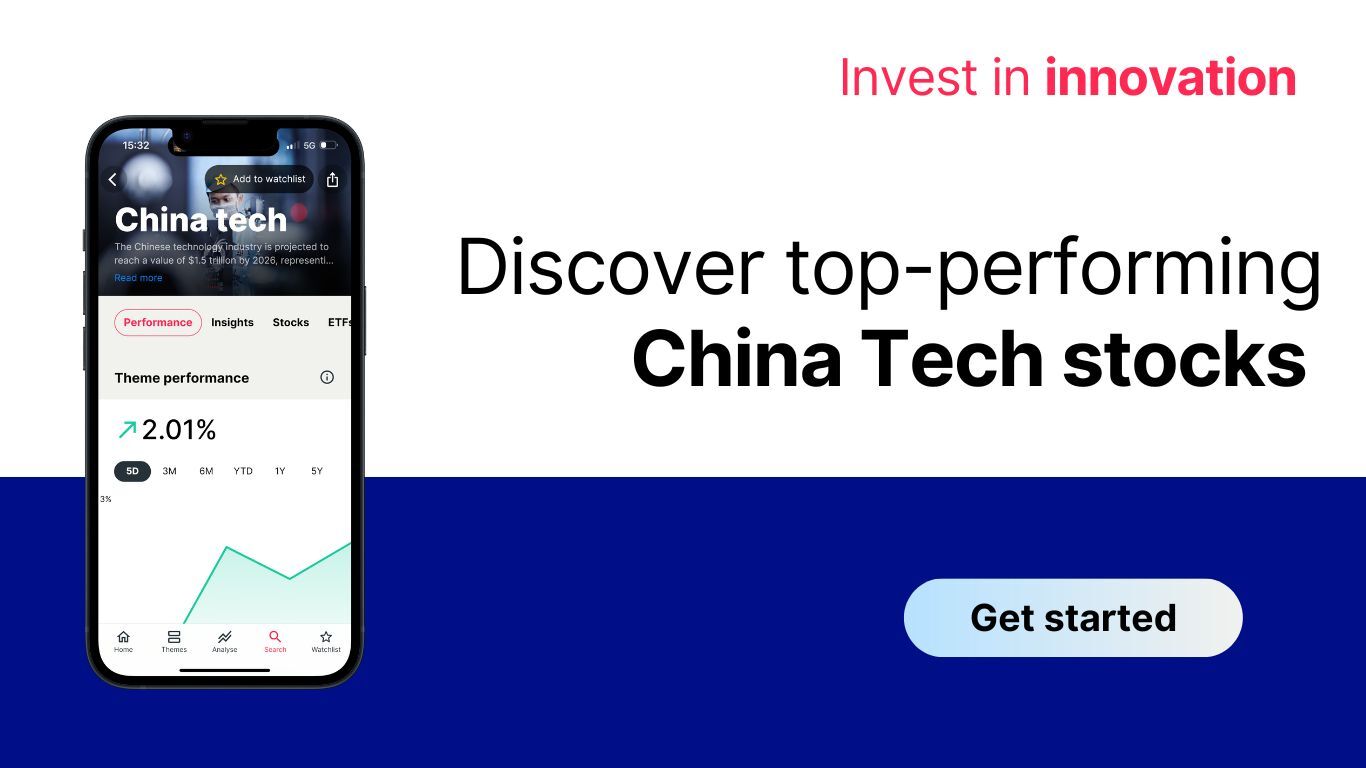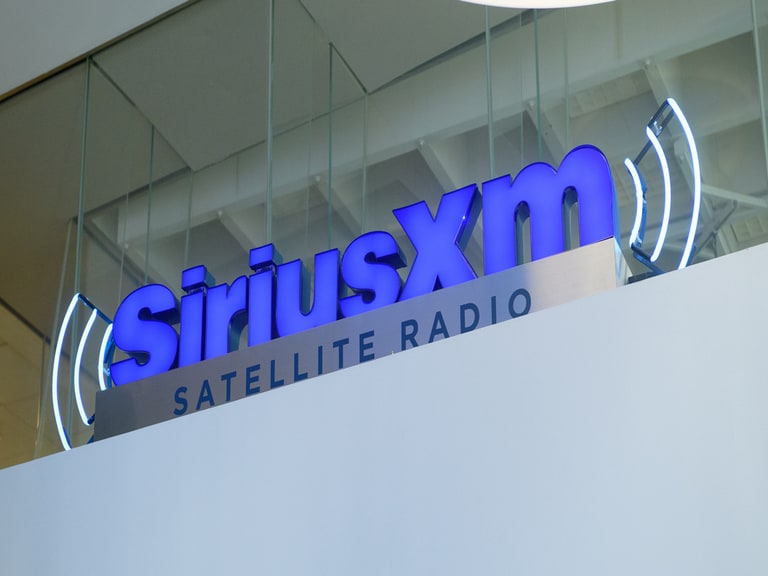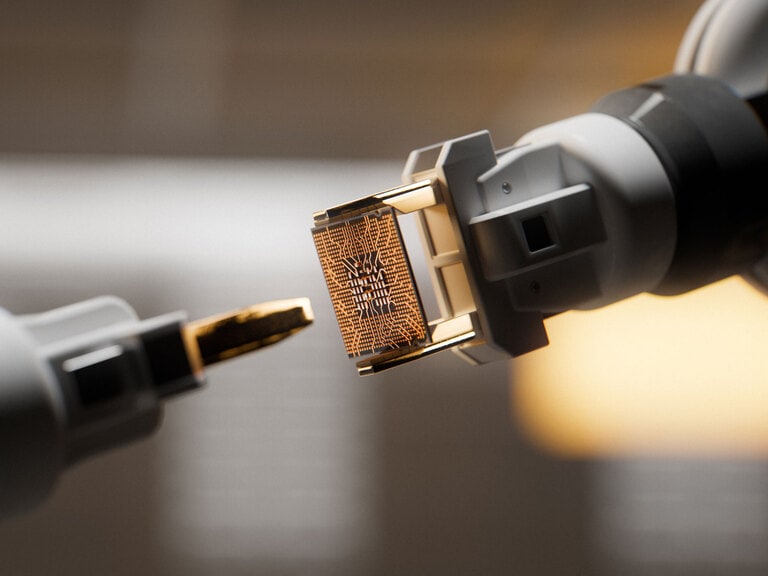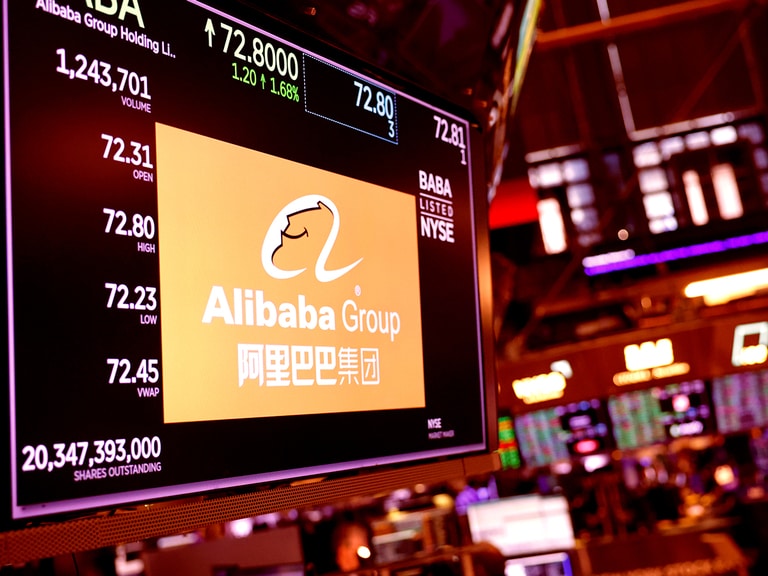A sluggish Chinese economy has left local automakers facing lower demand for electric vehicles (EVs). Many are turning overseas for expansion and growth, but President Joe Biden’s decision to hike tariffs on EVs imported from China means many companies are avoiding the US.
US President Joe Biden announced last week that tariffs on Chinese EVs are to quadruple from 25% to 100% as part of a broader set of restrictions designed to “protect American workers and businesses” from “unfairly priced Chinese imports”.
The share prices of Li Auto [LI], Nio [NIO] and XPeng [XPEV] fell following the 14 May announcement.
The US imported just over $368m in China-made EVs in 2023 compared to $7.4bn worth of imports from the EU, $4.4bn from South Korea, and $3.7bn from Mexico, US census data shows.
Morningstar Senior Equity Analyst Seth Goldstein believes the tariffs will mean Chinese EV makers won’t be flooding the US market with their lower-cost models, at least in the near term.
“We view the lack of EV options in the affordable vehicle segments as holding back US EV adoption. For US automakers developing affordable EVs, such as Tesla [TSLA], General Motors [GM] and Ford Motor [F], this creates an opportunity to capture US consumer demand,” he wrote on 15 May.
Nio Shifts Global Strategy
Nio is shifting its strategy in light of the new tariffs, CNBC reported. Rather than selling directly to overseas markets, it wants to use local partners. CEO William Li described the model as “global capability, local operation”.
Li was speaking as the EV maker unveiled its affordable brand, Onvo, which it hopes will rival Tesla’s Model Y, undercutting it by $4,000.
In an interview with Yicai, Li said the new brand will help Nio challenge Li Auto. “Both Onvo and Beijing-based Li Auto target the personal use auto market, and their prices overlap. I believe there will definitely be competition between the pair,” he said.
BYD Targets Mexico for Manufacturing
Just hours after President Biden announced the 100% tariffs, BYD [BYD] unveiled Shark, a hybrid pick-up for the Mexican market.
The Latin American country will reportedly be the location of a new manufacturing plant, Bloomberg reported in March. It raises the question of whether BYD is hoping to get around the new tariffs through Mexico.
The US government hinted that Chinese EV makers that move production to Mexico could be penalised. “Stay tuned,” US Trade Representative Katherine Tai told reporters last week when asked about Mexican import rules at a press briefing.
Li Auto Ramps Up Overseas Expansion
Li Auto’s first major foray into overseas markets will include Saudi Arabia, the United Arab Emirates and possibly countries in North Africa.
On its Q4 2023 earnings call in February, Li Auto’s Senior Vice President of Sales and Service James Liangjun Zou, said that it had “successfully set up operations” in the region and “initiated the recruitment of local sales and service teams in Dubai”. On the Q1 2024 earnings call held on Monday, the EV maker confirmed it was establishing an after-sales network in both the Middle East and Central Asia.
“We will select appropriate dealers for market expansion in overseas countries and regions outside Western Europe and North America,” commented Zou.
XPeng Vice-Chair Criticises Tariffs
XPeng is not directly impacted by the new tariffs because it has not yet entered the US market. Nevertheless, XPeng Co-president and Vice Chairman Brian Gu criticised the tariffs at an event in Hong Kong last week.
“For an auto market as important and large as the US, they would want to have [a] carbon-neutral, green energy transition. The tariffs are unfavourable to its own climate and energy transition,” Gu told attendees, as reported Singaporean newspaper The Business Times.
EV Share Prices Hit A Bump
Chinese EV stocks have been struggling since the tariff announcement. Other than holding shares outright, however, investors can gain exposure through thematic ETFs.
The KraneShares MSCI China Clean Technology Index ETF [KGRN] has BYD, Li Auto, Nio and XPeng in its top 10 holdings as of 21 May. The fund is down 21.3% in the past year to 22 May and down 8.7% year-to-date.
The Global X Autonomous and Electric Vehicles ETF [DRIV] holds Nio and XPeng, with weightings of 0.81% and 0.77% respectively. The fund is up 5.6% in the past year and up 0.3% year-to-date.
Continue reading for FREE
- Includes free newsletter updates, unsubscribe anytime. Privacy policy






